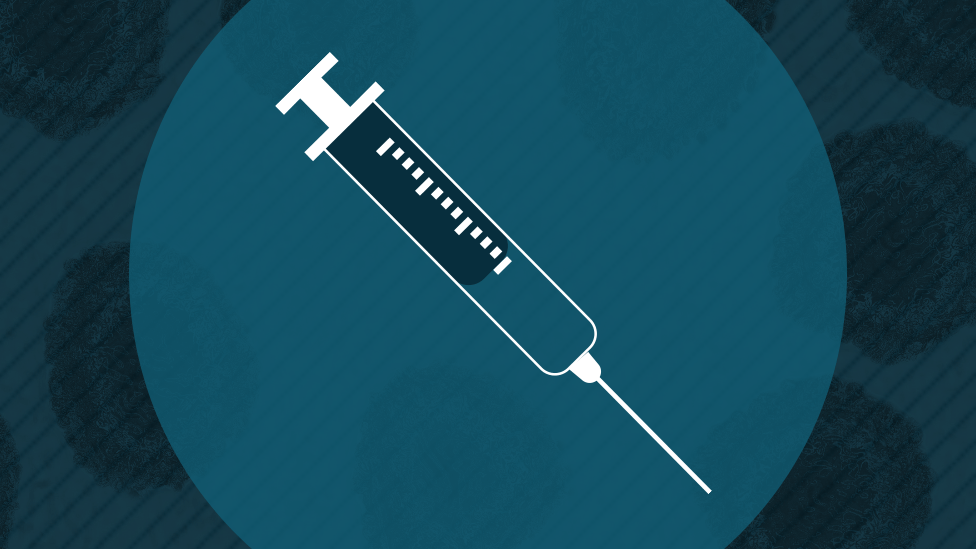Coronavirus: All closest passengers contacted after first NI case
- Published
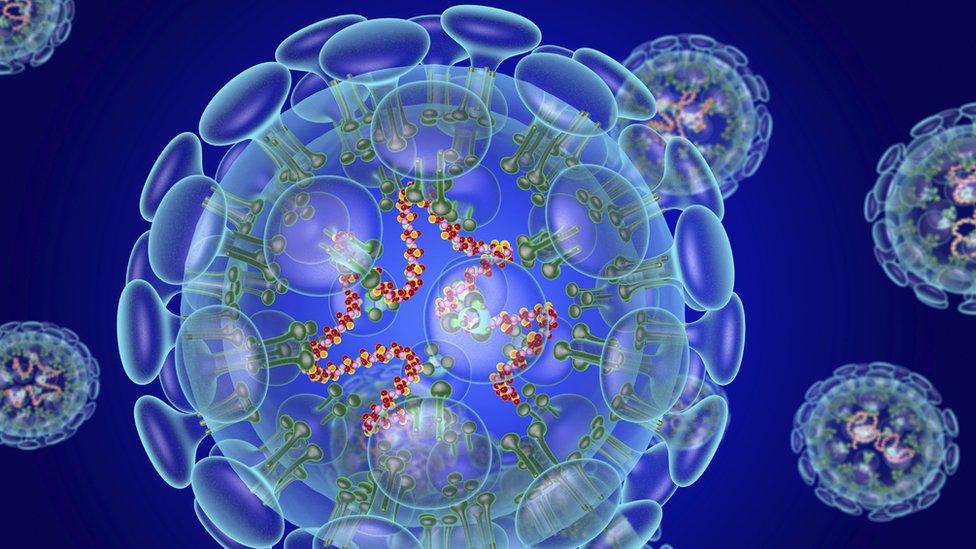
Coronavirus has spread to a number of countries, including the UK
Everyone who had been in close contact with a woman diagnosed with Northern Ireland's first case of coronavirus has been notified, officials have said.
The woman was in Italy this week and flew to Dublin Airport before travelling to Northern Ireland.
Health officials on both sides of the Irish border have traced and advised the passengers who were close to her.
The Public Health Agency (PHA) said 93 coronavirus tests have been done in Northern Ireland and 92 were negative.
On Friday night, Health Minister Robin Swann said the NHS 111 advice helpline had replaced the PHA's coronavirus helpline in Northern Ireland.
That meant people in Northern Ireland had access to the "same level of advice as citizens in England", he added.
The head of the Catholic Church in Ireland, Archbishop Eamon Martin, has issued guidelines to parishes "due to the recent concerns surrounding the coronavirus".
A number of changes to Mass have been advised, including the sign of peace being suspended and holy water fonts not being used.
The Church of Ireland has also issued advisory guidelines to parishes, external which includes the recommendation that "physical interaction during services" should be suspended.
'Patient self-isolated while awaiting results'
In the UK as a whole, the total number of confirmed cases of coronavirus, also known as Covid-19, now stands at 20.
Very few details about the single confirmed case in Northern Ireland have been released by the health authorities.
However, Aer Lingus confirmed to Irish national broadcaster RTÉ that the woman travelled to Dublin on one of its flights.
'Public need not be concerned'
It is understood she then travelled to Dublin's Connolly Street station by bus before travelling to Northern Ireland by train.
The BBC understands the woman travelled with a child.
The child is not believed to be in hospital but is awaiting test results.
"All stages of the individual's journey were identified and those who came into closest contact have been traced and contacted with public health advice," said Dr Jillian Johnston from Northern Ireland's PHA.
The health protection consultant added: "Members of the public who have travelled between Dublin and Belfast using public transport need not be concerned."
Earlier, the Irish Department of Health confirmed that passengers on the plane the woman travelled in from Italy had also been traced.
Aer Lingus said it would continue to assess the situation based on guidance it received.
Northern Ireland's public transport provider Translink said it would "take all necessary steps to prevent the spread of this virus".
It added that it had done "additional cleaning" of all cross-Irish border train carriages.

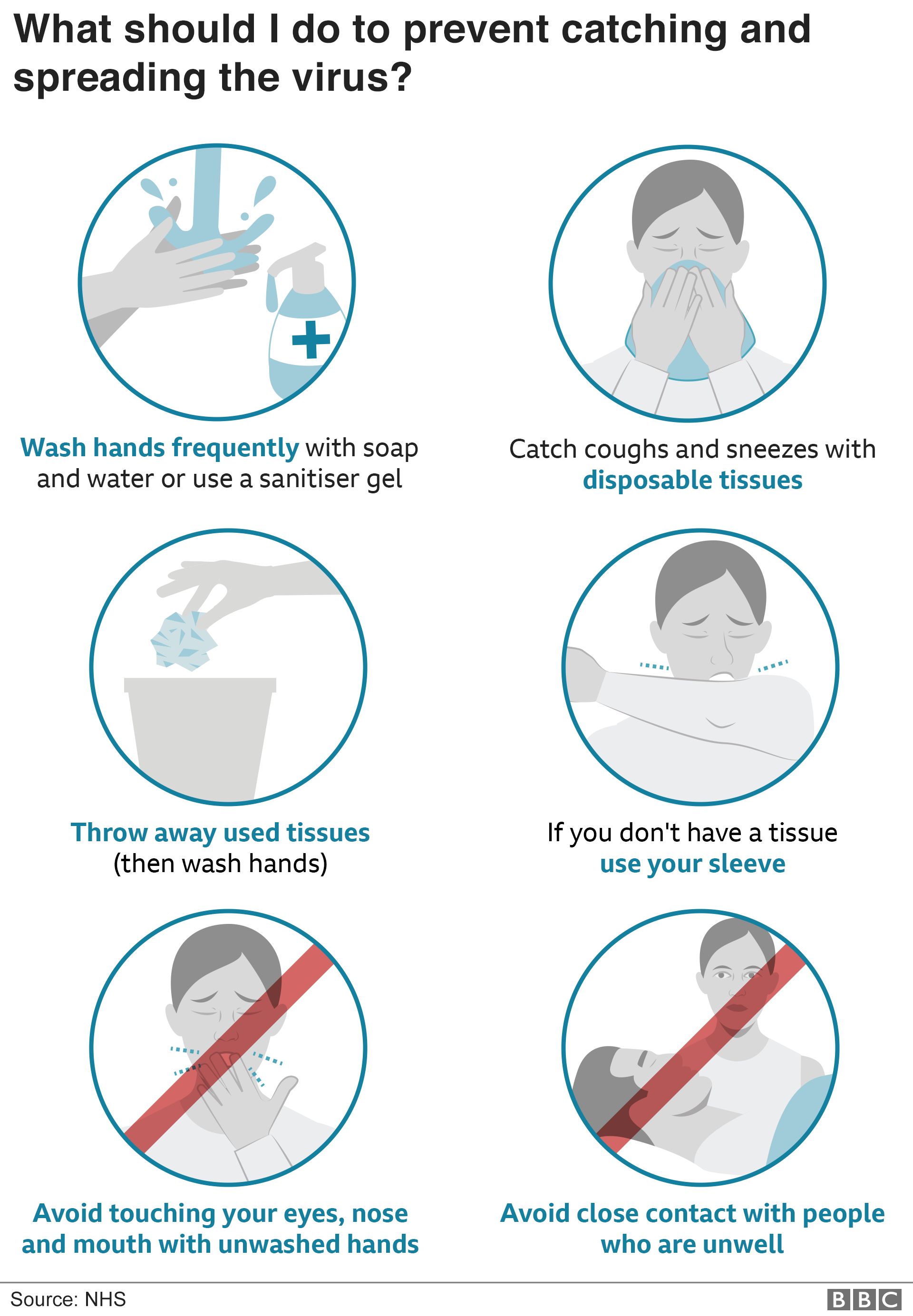

The PHA confirmed the first case of the virus on the island of Ireland on Thursday.
Officials worked overnight to identify those who were potentially exposed to the illness in Northern Ireland and the Republic of Ireland.
The BBC understands that the woman is at her home.
'Health service is prepared'
Dr Sarah Doyle, of the Irish Health Service Executive, said people who had close or casual contact with the patient had been given appropriate advice on what action to take.
She added that included people who may have come into contact with the passenger on her journey from Dublin to Belfast.
Allow X content?
This article contains content provided by X. We ask for your permission before anything is loaded, as they may be using cookies and other technologies. You may want to read X’s cookie policy, external and privacy policy, external before accepting. To view this content choose ‘accept and continue’.
"The people... within two rows are the people we identify as close contacts," Dr Doyle told RTÉ.
"They have been contacted by phone and given appropriate advice about self-isolation at home and what to do if they develop symptoms."
Northern Ireland's chief medical officer Dr Michael McBride said the patient diagnosed with the illness had contacted a GP and had taken steps to self-isolate.
On Thursday evening, Dr McBride said the patient had shown a presumptive positive result for Covid-19, the respiratory disease caused by the virus, and the test outcome was being verified by laboratories in England.
"Our health service is well used to dealing with such infections and I want to reassure the public that we are prepared," said Dr McBride.
"The risk to the population of Northern Ireland has not changed."
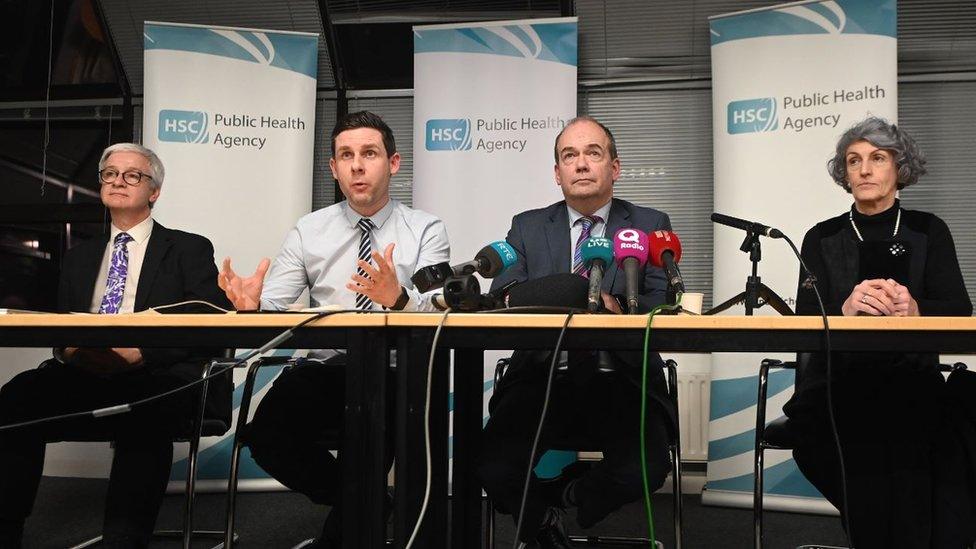
The announcement of the first case of coronavirus in Northern Ireland was made on Thursday evening
For advice and the latest updates on the coronavirus outbreak, the Public Health Agency has set up a dedicated website, external.
Dr McBride said the case was not linked to a school trip.
He said those with casual passing contact should not be concerned.
Italy has become a major centre of infection and now has more than 500 cases of coronavirus.

What you need to know about coronavirus
What are the symptoms?
The main signs of infection are fever (high temperature) and a cough as well as shortness of breath and breathing difficulties.
What should I do?
Frequent handwashing with soap or gel, avoiding close contact with people who are ill and not touching your eyes, nose and mouth with unwashed hands can help cut the risk of infection.
Catching coughs and sneezes in a tissue, binning it and washing your hands can minimise the risk of spreading disease.
Anyone experiencing symptoms, even if mild, after travelling from mainland China, Thailand, Japan, Republic of Korea, Hong Kong, Taiwan, Singapore, Malaysia or Macau, is advised to stay indoors and call the NHS 111 phone service.
What is the government doing?
The main focus is on rapidly identifying people with the disease and taking them to specialist hospitals for treatment in isolation.
They are then tracing anybody who has come into close contact with the patient to make sure they know the signs of the disease and what to do.



Have you been affected by the coronavirus? Or do you have any information to share? Get in touch by emailing haveyoursay@bbc.co.uk, external.
Please include a contact number if you are willing to speak to a BBC journalist. You can also contact us in the following ways:
WhatsApp: +44 7756 165803
Tweet: @BBC_HaveYourSay, external
Send pictures/video to yourpics@bbc.co.uk, external
Please read our terms & conditions and privacy policy
- Published22 February 2022
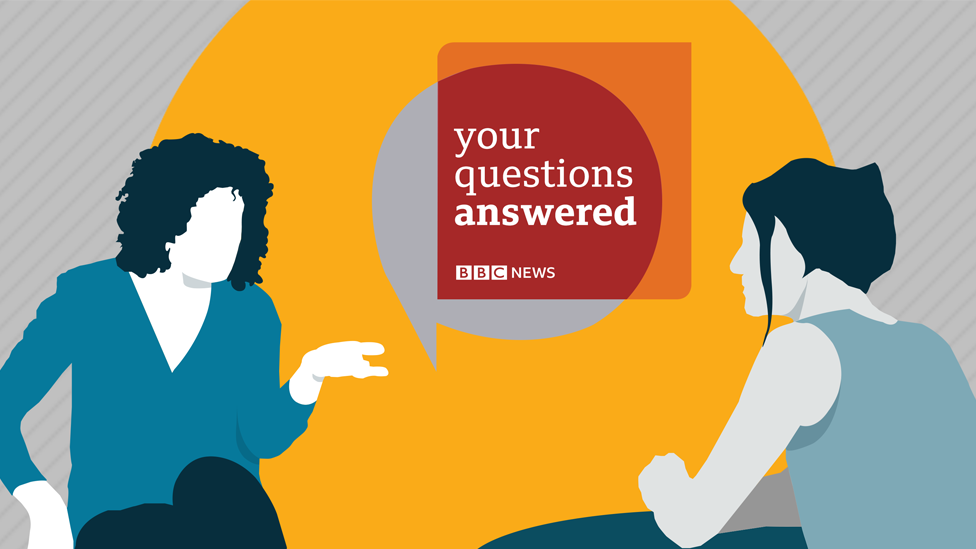
- Published27 February 2020
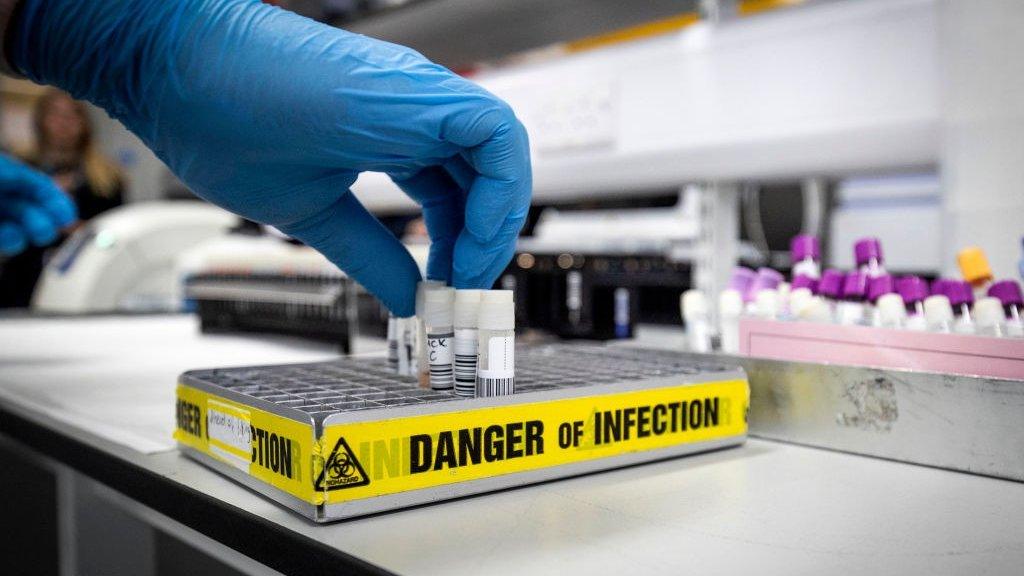
- Published23 March 2020
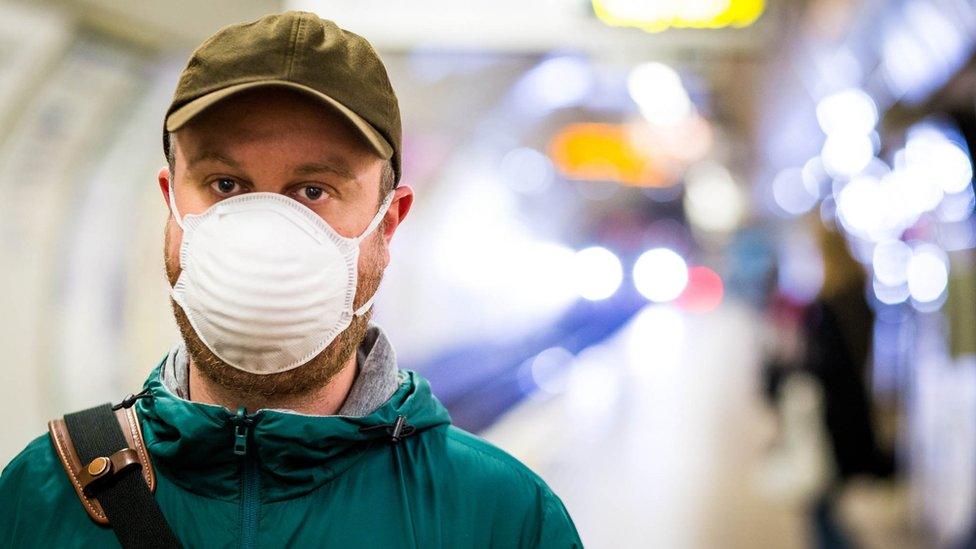
- Published6 October 2021

- Published28 May 2021
